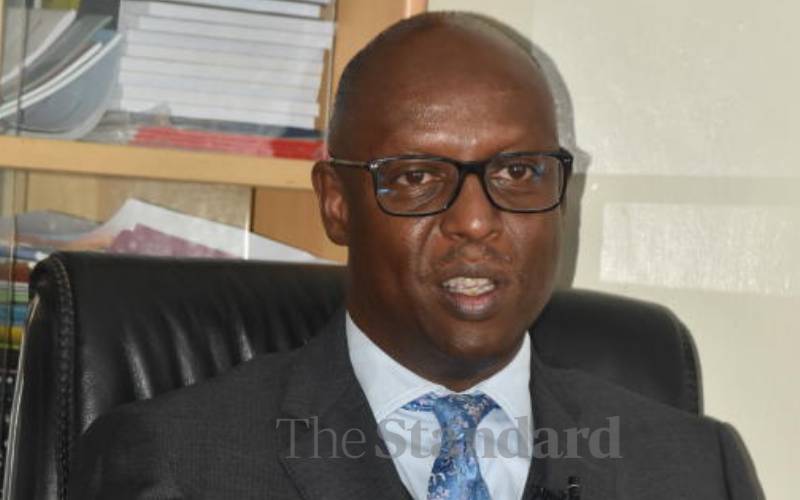×
The Standard e-Paper
Join Thousands Daily

Consumers were caught between arrogant government officials and belligerent Oil Marketing Companies (OMCs) who were locked in a stand-off that threatened to bring Kenya’s economy to its knees.
By early yesterday, there were no clear indications on when the stalemate would end, with both parties digging in before President Uhuru Kenyatta stepped in and signed a Bill paving the way for the marketers to be paid Sh34.4 billion that the National Treasury owed them.